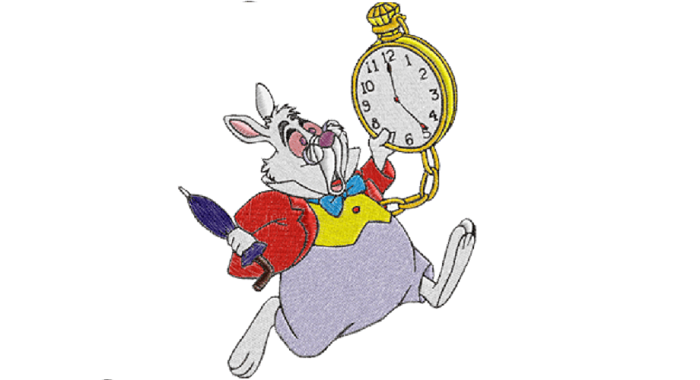
July 1 marks the first day of the epic Battle of Gettysburg, which could fairly be celebrated as the beginning of the end for the Confederacy and slavery. Like so many pivotal moments in our history, this one came about by random chance, with Lee’s army and the newly installed Gen. Meade’s Army of the Potomac stumbling into each other in a Pennsylvania country town in 1863. For three days, a bloody and complicated battle engulfed the area, with so many ethics lessons in the process that I fear I won’t be able to cover all of them this week. [ Guest posts on the topic will be welcome!] I am hoping to visit the battlefield again this year—this week will be tough, unfortunately. I will definitely find time this week to watch Ted Turner’s excellent and even-handed film about the battle, highlighted for me by the performances of Jeff Daniels as Joshua Chamberlain, Tom Berrenger as Longstreet, and the late Richard Jordan as General Lewis Armistead, as well as the dramatization of Picket’s Charge, and the score by Randy Edelman.
1. Baseball sexual misconduct notes…A restraining order was taken out against Dodgers pitcher Trevor Bauer, last year’s National League Cy Young winner. Bauer is a sportswriter favorite for his outspoken social media presence and progressive politics, so this will be a blow to the sportswriting woke. The woman making the allegations had what started as a consensual relationship with the pitcher, but in a 67-page document, alleges that Bauer assaulted her on two different occasions, punching her in the face, vagina, and buttocks, sticking his fingers down her throat, and strangling her to the point where she lost consciousness twice, an experience she said she did not consent to. After the second choking episode, the woman awoke to find Bauer punching her in the head and face, inflicting serious injuries. She contacted police, and there is now an active investigation of Bauer by the Pasadena, California police department. If any of her account is true, Bauer faces serious discipline from baseball, which has been (finally) cracking down on domestic abuse by players in recent years.
Also yesterday, MLB suspended the former New York Mets general manager Jared Porter at least the end of the 2022 season. Porter was fired from the Mets in January after an ESPN investigation revealed that he had harassed a female reporter in 2016 when he worked for the Cubs.
Craig Calcaterra, the lawyer sports pundit, supplied the facts here, and I am grateful for that. I would love to subscribe to his substack newsletter, but every issue I read includes Craig’s apparently incurable progressive bias where it doesn’t belong, and I’m just not paying for that. This time, for example, he cites the Bauer, Porter, and Bill Cosby stories to justify the proposition that “we believe [women] when they say what happened to them,” a stunning thing for a lawyer to say. How Kirsten Gillibrand of him! Later, as if this belongs in a baseball news letter, Craig cheers the death of Donald Rumsfeld as an architect of an “Illegal and immoral” war.
All war is immoral to some extent, but the Iraq War, while in hindsight a mistake, was not illegal except in left-wing talking points. Craig should know better, and maybe he does, but in any event, foreign policy and international law are not his areas of expertise. The degree to which wokism has rotted his brain also shows up in his inclusion of an insulting trigger warning before his account of the Bauer allegations: “Warning: the following contains allegations of sexual assault and violence that may be difficult to read.” Oh for heaven’s sake: “Finnegan’s Wake” is difficult to read. News is life: stop treating adults like children.
You can subscribe to Craig’s excellent baseball observations and juvenile political commentary here.
Continue reading →







